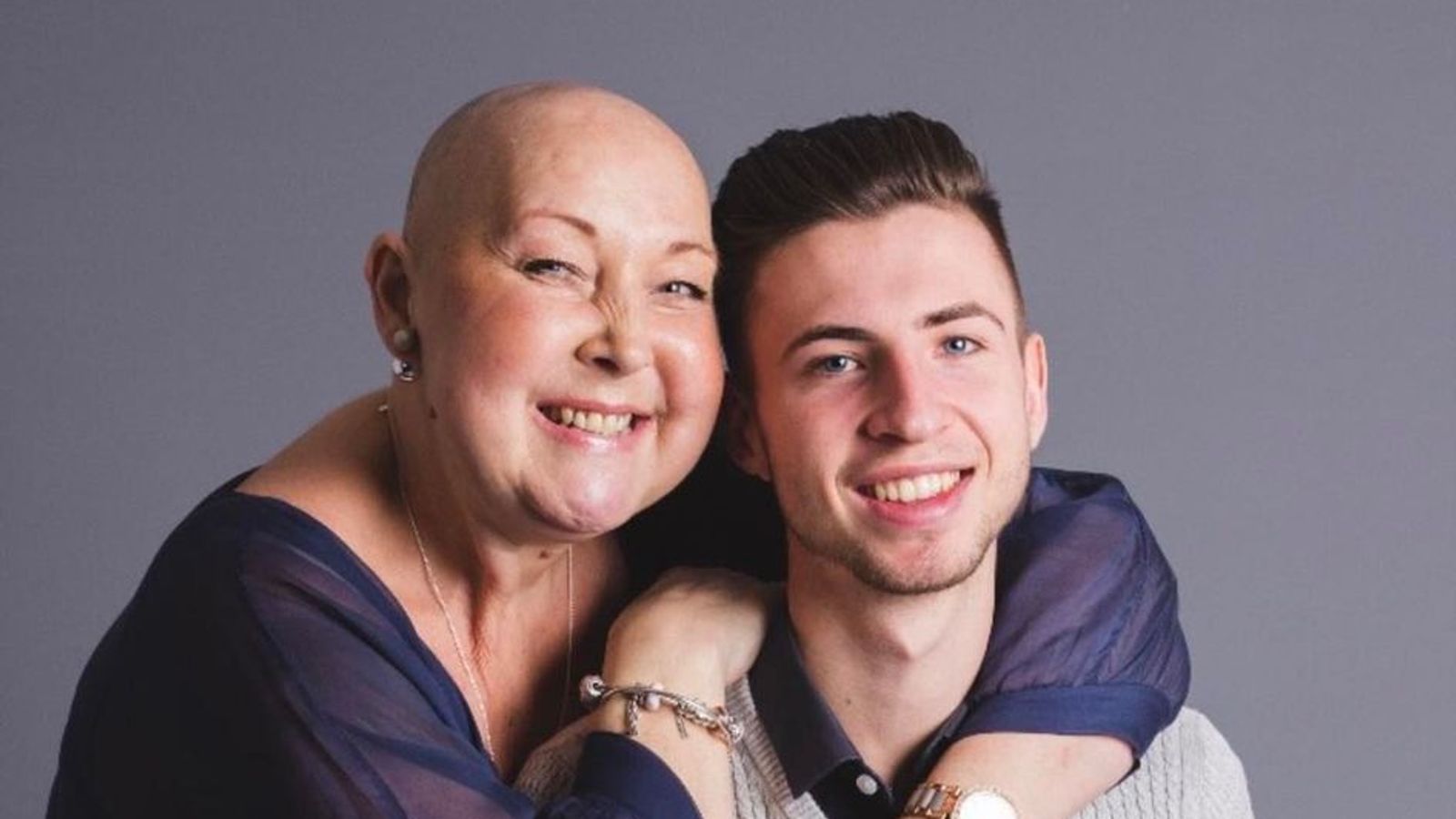The son of a woman abused by double murderer David Fuller in a hospital mortuary says the experience has motivated him to fundraise in her memory.
Tania Mackelden died in 2017 following a battle with breast cancer, but it was not until years later that her family were told the heart-breaking news that she had been one of Fuller’s victims.
Her son Tom has already raised £30,000 for Cancer Research UK and has vowed to set up a cancer foundation in her name – fuelled by a desire to turn his feelings of anger and shock into something positive.
He told Sky News that when police told him what happened to his mother he experienced “anger, sadness, sickness, all sort of rolled into one”.
The 24-year-old added: “It took a long time to get my head around what I had been told.
“When I looked at a picture of my mum I saw his face.
“It was a massive shock but on the flip side it has motivated me to do what I am doing with the foundation and try and turn all this … into something really positive.”
David Fuller: The ‘vulture’ who appeared normal but caused ‘unnatural sick pain’ to his victims’ families
David Fuller: Double murderer handed whole life sentence as families tell how he has ‘destroyed our souls’
David Fuller: Depraved killer will never be released after murdering two women and sexually assaulting bodies in mortuaries
Ms Mackelden was diagnosed with terminal cancer when her son was just 15.
Tom said: “She was a very, very strong lady, she fought it tooth and nail. She was still working as much as she could.
“She tried her utmost to not let it beat her.”
Mr Mackelden said he felt “helpless” seeing his mother in pain, so he decided to start raising money for Cancer Research.
Now he is starting the Tania Mackelden Foundation in her memory in a bid to help other families struggling with terminal cancer, so that they can make lasting memories with their loved ones.
The foundation, which will be run by Mr Mackelden and his family, officially launches on 9 April with a Great Gatsby-style ball.
Fuller will spend the rest of his life in jail for murdering two women and sexually assaulting dozens of corpses in hospital mortuaries.
He was able to hide his crimes for more than three decades until advanced DNA techniques identified him as the killer of two young women in Tunbridge Wells, Kent, in 1987.
It was only after his arrest in 2020 that the true horror of his crimes emerged, the fact that he had used his job as a hospital general maintenance engineer to abuse bodies.






















